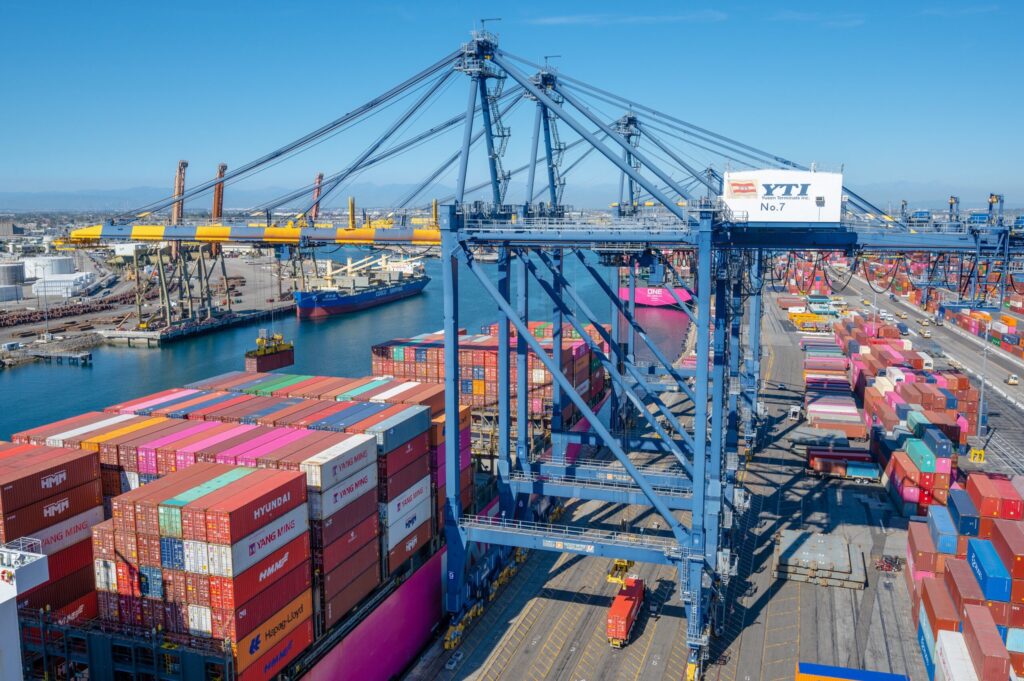The disruptions caused by power surges and lulls at port container facilities are taking a toll on operations, impacting crane functionality and cargo handling equipment. The need for preventative measures to address these issues is crucial in maintaining the efficiency of logistics operations. Coordination among stakeholders is essential to minimize disruptions and ensure uninterrupted flow of goods through ports. Reporting by The Wall Street Journal sheds light on the challenges faced by private companies managing containers, emphasizing the urgency in rectifying these disturbances for smooth operational effectiveness.
In the face of uncertainty surrounding power supply, questions arise about meeting ambitious environmental mandates. The need for reliable energy sources to support phasing out diesel machinery by 2030 is a critical concern for port efficiency and sustainability. Increased collaboration and innovative solutions are crucial in overcoming this challenge for the future of our ports.
Port of Los Angeles Executive Director Gene Seroka underscores the critical issue facing the port: not power supply, but power distribution. The efficiency and reliability of distributing power is a cornerstone for sustainable operations and future growth. Addressing this challenge head-on is pivotal for ensuring smooth operations and minimizing disruptions in one of the busiest ports in the world. Making strategic improvements in power distribution will pave the way for a more resilient and competitive port infrastructure that benefits both local communities and global trade networks.

Ensuring the smooth operation of vital infrastructure is essential for the efficient functioning of our society. The recent power issues affecting cranes, automated gates, and computer systems are a stark reminder of the significant impact such disruptions can have on critical processes. It is imperative that we address these challenges swiftly to maintain the reliability and functionality of essential services.
In Los Angeles, the city-controlled port leases terminals to private companies. These essential facilities receive power from the reliable source of the Los Angeles Department of Water and Power. This collaboration ensures efficiency in operations and underscores the importance of public-private partnerships in maintaining vital infrastructure for our community’s economic well-being.
In 2017, the Los Angeles and Long Beach ports made a crucial commitment to phase out diesel-powered cargo-handling equipment, aligning with California’s ambitious emission reduction goals. This significant step towards sustainability reflects a shared responsibility to protect our environment and improve air quality for all. Through proactive measures like this, we are paving the way for cleaner and healthier communities, demonstrating that progress is possible when we prioritize responsible actions over convenience. Environmental stewardship requires collective effort and decisive action – let’s continue moving forward together in creating a better future for generations to come.
